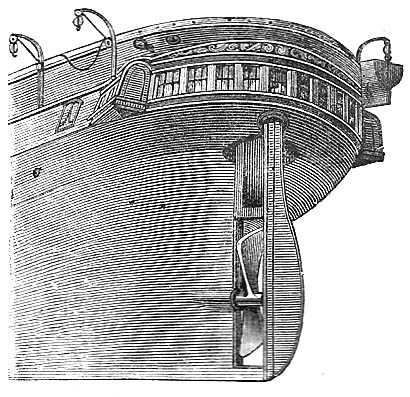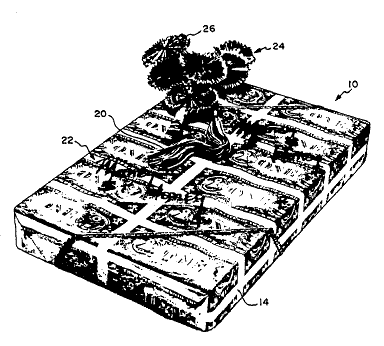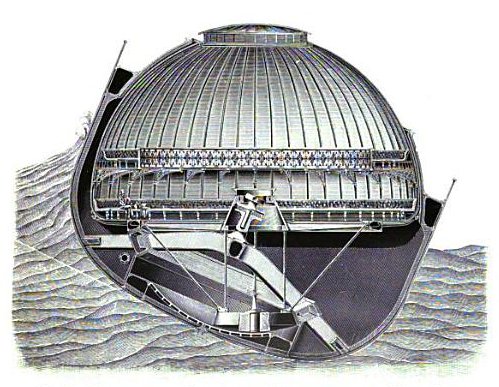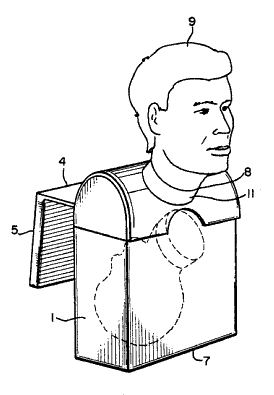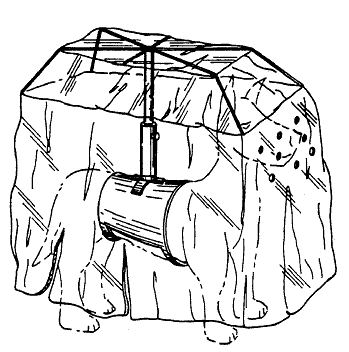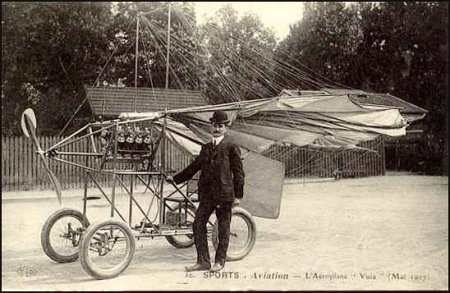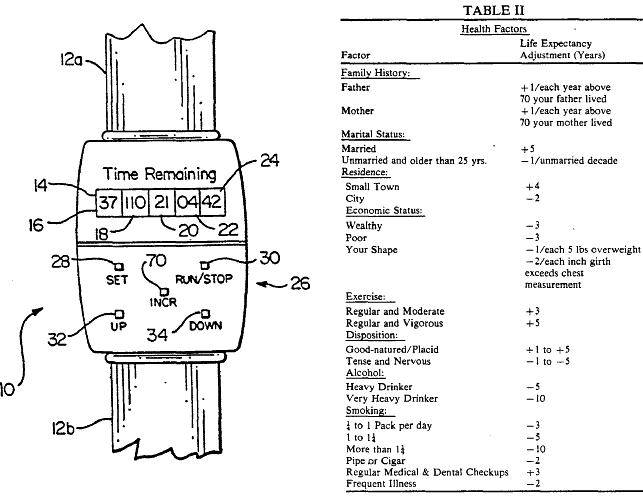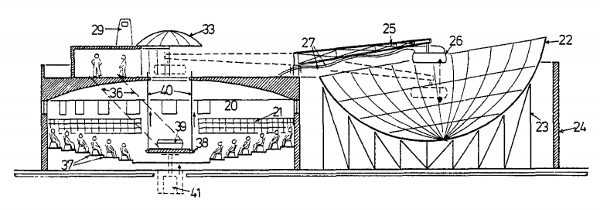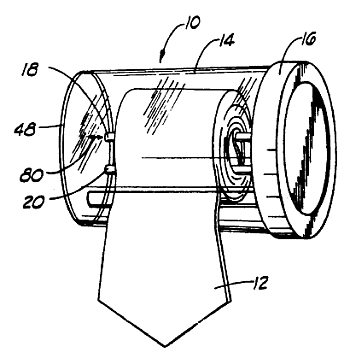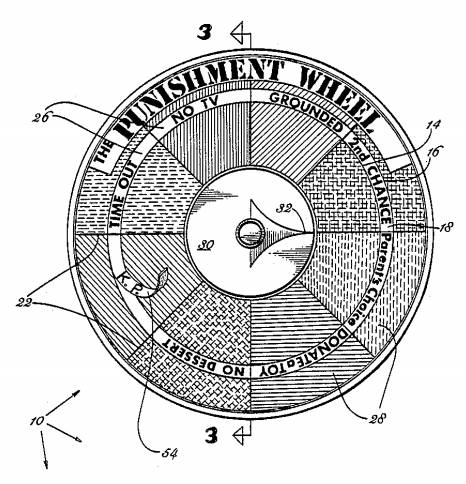
With Jose Gonzalez’ “punishment wheel,” patented in 1989, a misbehaving child can randomly choose the punishment he’ll receive. “From the child’s point of view, it appears that an inanimate object is choosing and imposing the punishment, instead of his parents. Direct parent-child conflict is thereby eliminated.”
Available punishments, provided on decals, include NO TV, TIME OUT, GROUNDED, 2ND CHANCE, NO DESSERT, DONATE A TOY, PARENT’S CHOICE, K.P., NO ALLOWANCE, NO SPORTS, NO PHONE, NO FRIENDS, KID’S CHOICE, SWATS [a spanking], NO VISITING, NO TREAT, and HOUSE CHORES. But “the punishments need not be those shown in Fig. 4, but could be any set of punishments, expressed in any language, deemed suitable for the disciplinary style of particular parents and degree of maturity of their child.”
